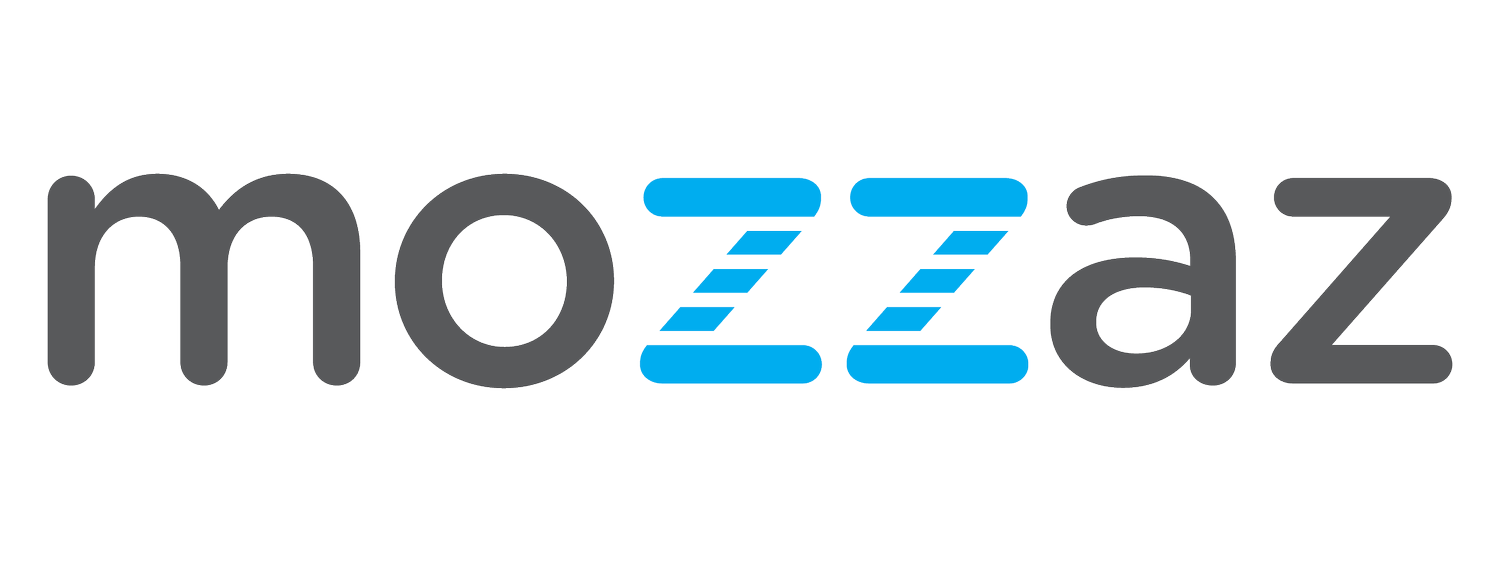Two Thirds of Patients Polled Have Indicated Their Willingness to Try Virtual Care
Research is finding that 75% of individuals already go online to access health information. 70% of individuals have smart phones (Milliard, 2020). For individuals, the reason these use the app are for:
Information on symptoms and medical conditions
Help with healthcare provider communication
Track symptoms or view tests or health records (Deloitte Center for Health Solutions, 2015)
Digital health promotes patient independence and empowers patients in their care. Currently care plan adherence is at 50%, with a third to a half of individuals not taking their medications (Aston University cited in Deloitte Center for Health Solutions, 2015). This can result in hospital readmissions or a worsening of their condition and increased costs of care. Having scheduled reminders can support medication compliance and improve health outcomes and reduce operational costs.
For Mental Health, this is a huge cost and is growing, particularly with COVID-19. Many people wait too long to access services or struggle to access services. Technology can help provide support, though a less stigmatizing way, and studies have shown that people who were treated through a digital app, were more satisfied with their treatment versus patients who were treated the traditional way (Mind for Better Mental Health, 2014).
What is virtual care?
It is much more than telehealth. It covers:
Personalized care plans
Telehealth
Predictive analytics
Assistive technology
Virtual assessments
Diagnosis management
Smart notifications
Healthcare interoperability
Workflows and rules
Content distribution
Patient monitoring
Chat bots
Dynamic content
Device integration
Medication reminders
In hospitals, examples of where Mozzaz digital health can provide support are:
Pre & Post Op
Interactive & engaged experience
Personalized content
Scheduled calendar alerts and medication reminders
Remote tracking of status through dashboard or smart notifications
Educational support & care plan adherence
Secure telehealth with virtual visit follow-ups
Mental Health
Dynamic, individualized content
Secure Telehealth, SMS & Voice
Chat bots
Remote treatment
Proactive treatment sessions based on reports & insights
Rural or Virtual Outpatient Clinics
Secure messaging – video, audio & instant messaging
Remote monitoring, with notifications for proactive care
Education support
Virtual care
Integrated devices
Hospital Staff
Remote monitoring & smart notifications
Electronic signature and check-ins
Push out protocols and education updates
Mental Health
Case Management Reports & Insights
Dashboard view of clients
Reports & actionable insights
Secure Telehealth
Smart notifications
References
Deloitte Center for Health Solutions 2015, Connected health: digital technology is transforming health and social care, viewed 24 June 2020, https://www.longwoods.com/articles/images/deloitte-uk-connected-health.pdf
Miliard, M 2020 ‘Telehealth set for ‘tsunami of growth’, says Frost & Sullivan’, Healthcare IT News, viewed 24 June 2020 https://www.healthcareitnews.com/news/telehealth-set-tsunami-growth-says-frost-sullivan
Mind for Better Mental Health 2014, Mental Health Services Unable to Cope with Demand for Psychological Therapies, viewed 24 June 2020 https://www.mind.org.uk/news-campaigns/news/mental-health-services-unable-to-cope-with-demand-for-psychological-therapies/#.VBw_FJRdV1Y

